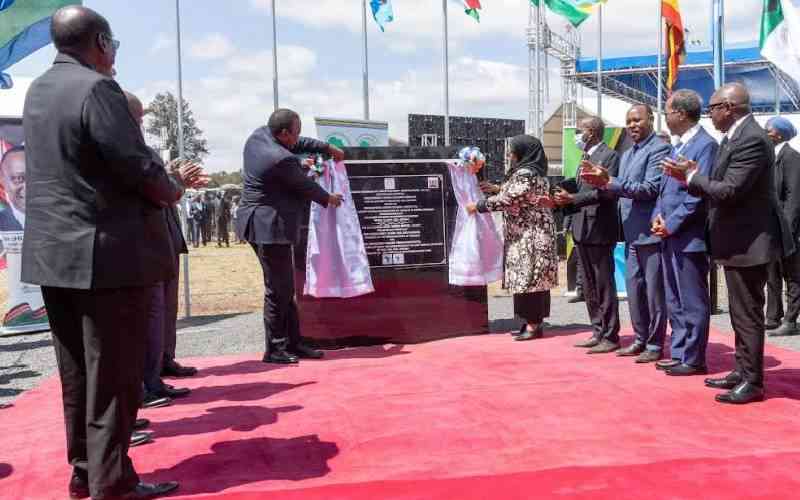×
The Standard e-Paper
Home To Bold Columnists

Efforts by members of the East African Community to enhance integration are plausible, especially with the possibility of a single currency should East African Monetary Institute (or Central Bank of East Africa) be created this year.
Members Tanzania, Kenya, Uganda, Rwanda, Burundi, Democratic Republic of Congo and South Sudan will speak one trade language, and with movement made easier by abolishing some Visa requirements, the potential benefits of cross-border trade hang low.






